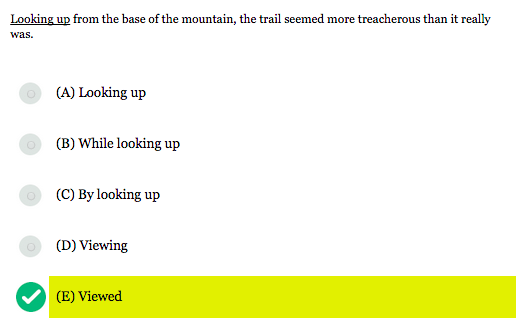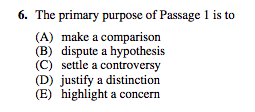Paired passages on the ACT are a relatively new phenomenon, first announced by ACT, Inc in spring of 2013. Just as the changes to the new SAT have made it resemble the ACT, so have some of the changes to the ACT made it more like the SAT.
What are paired passages, why are they suddenly on the ACT, and what’s the best way to prep for them? Read on to find out.
























